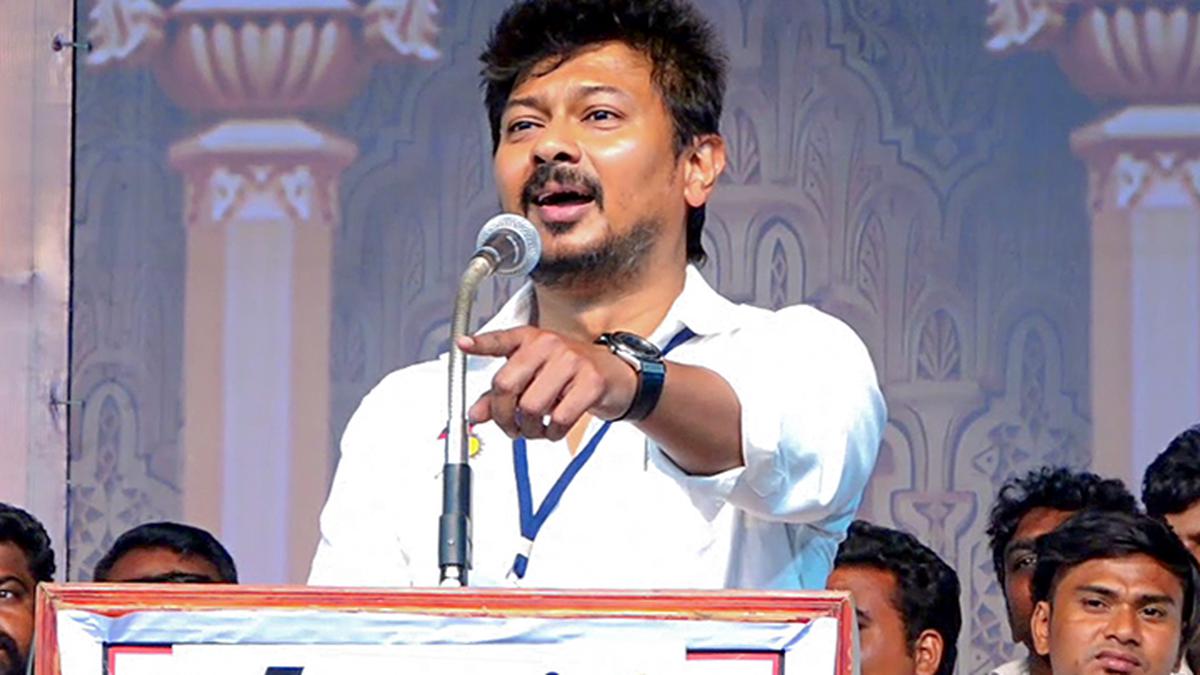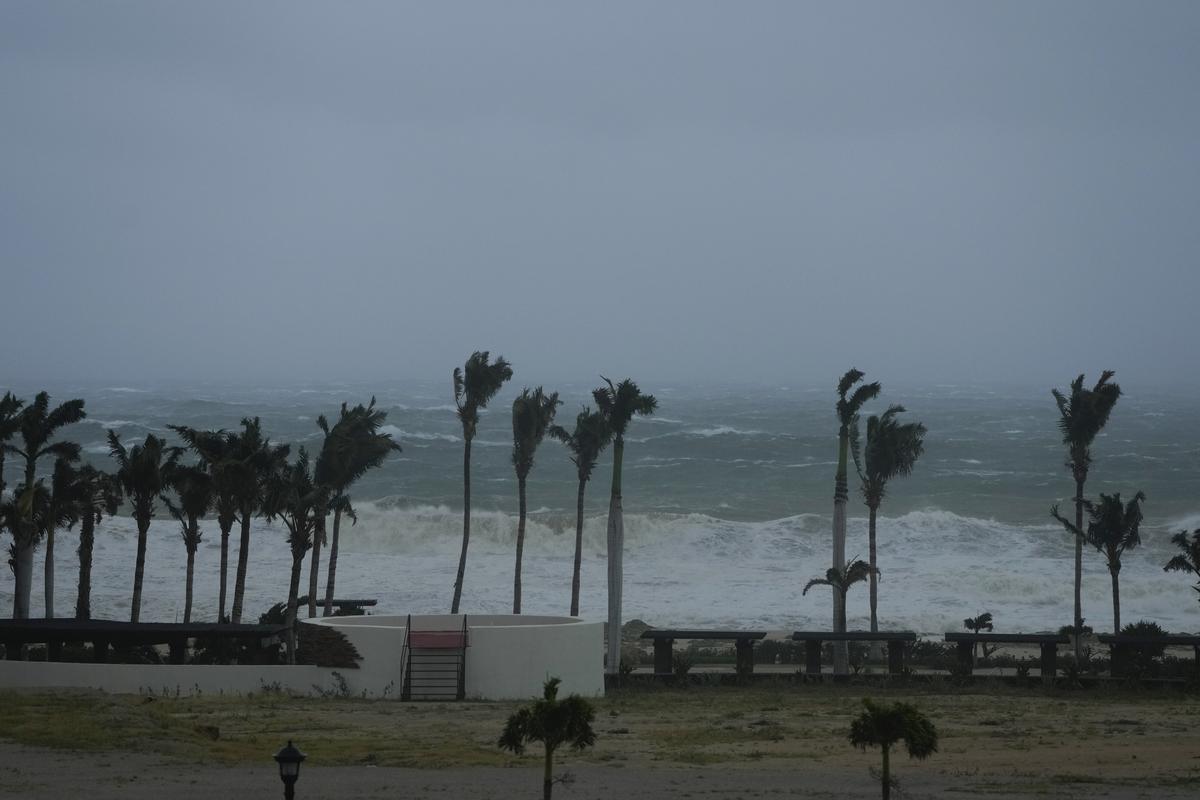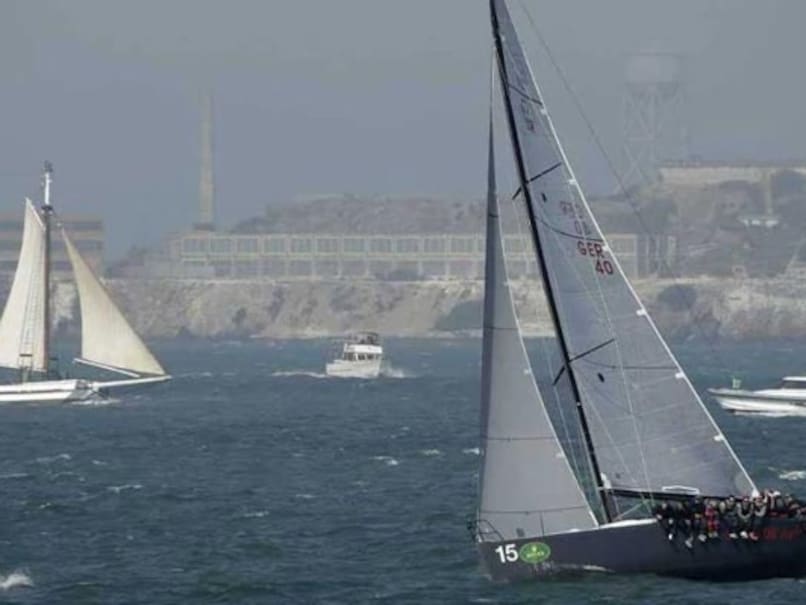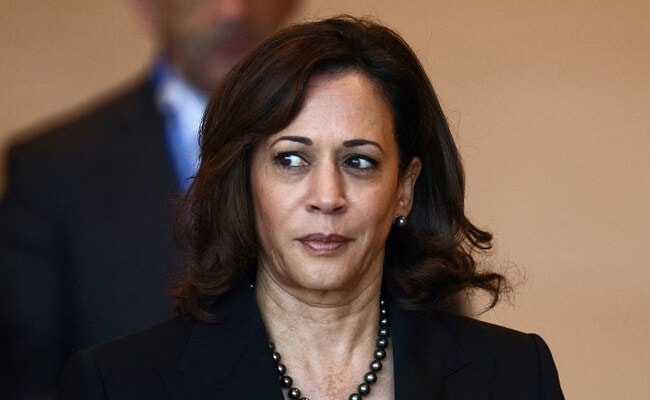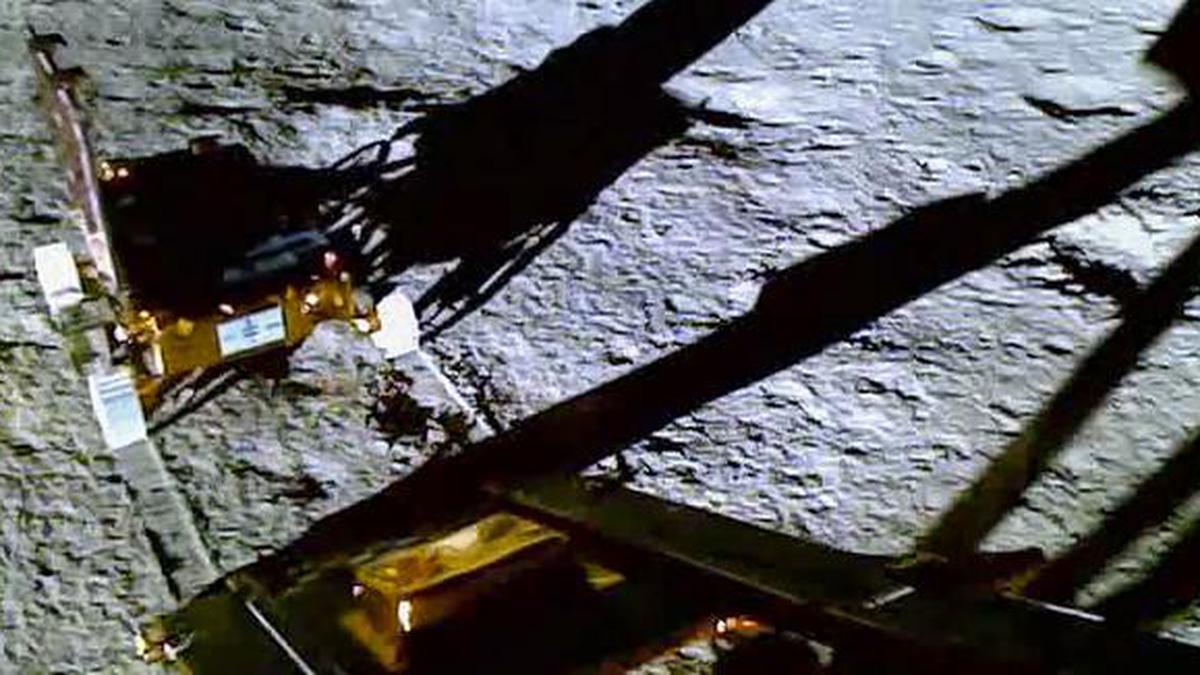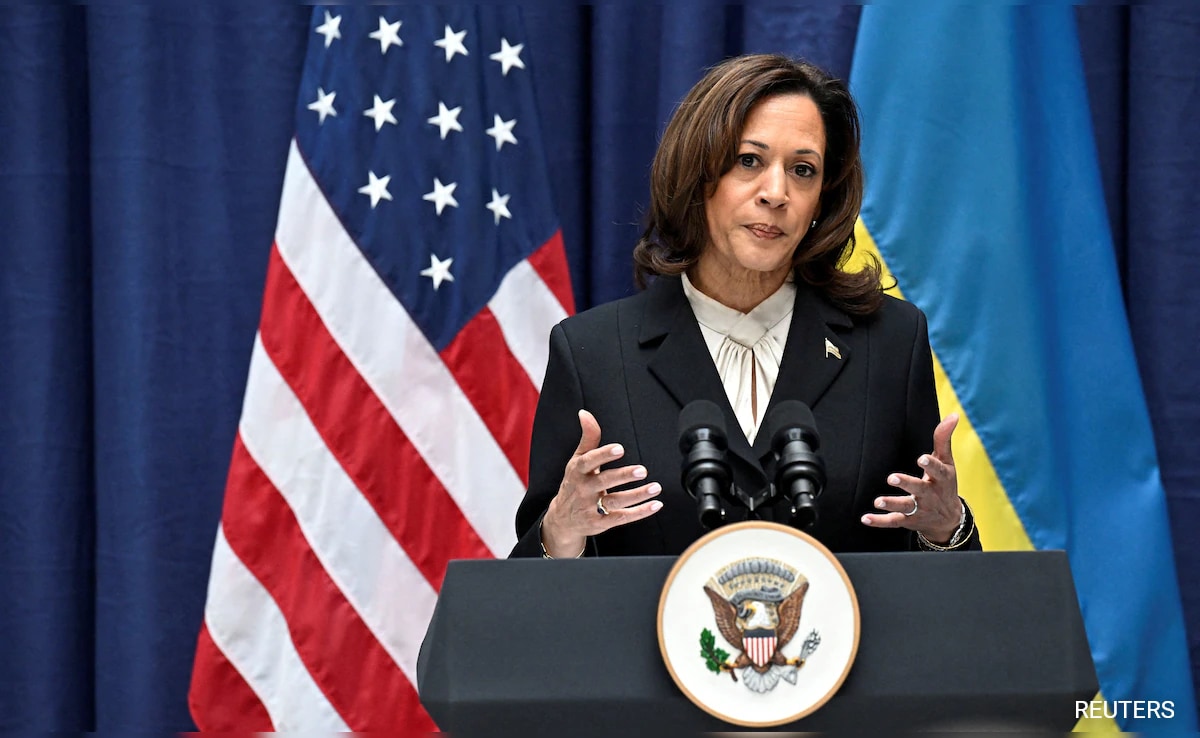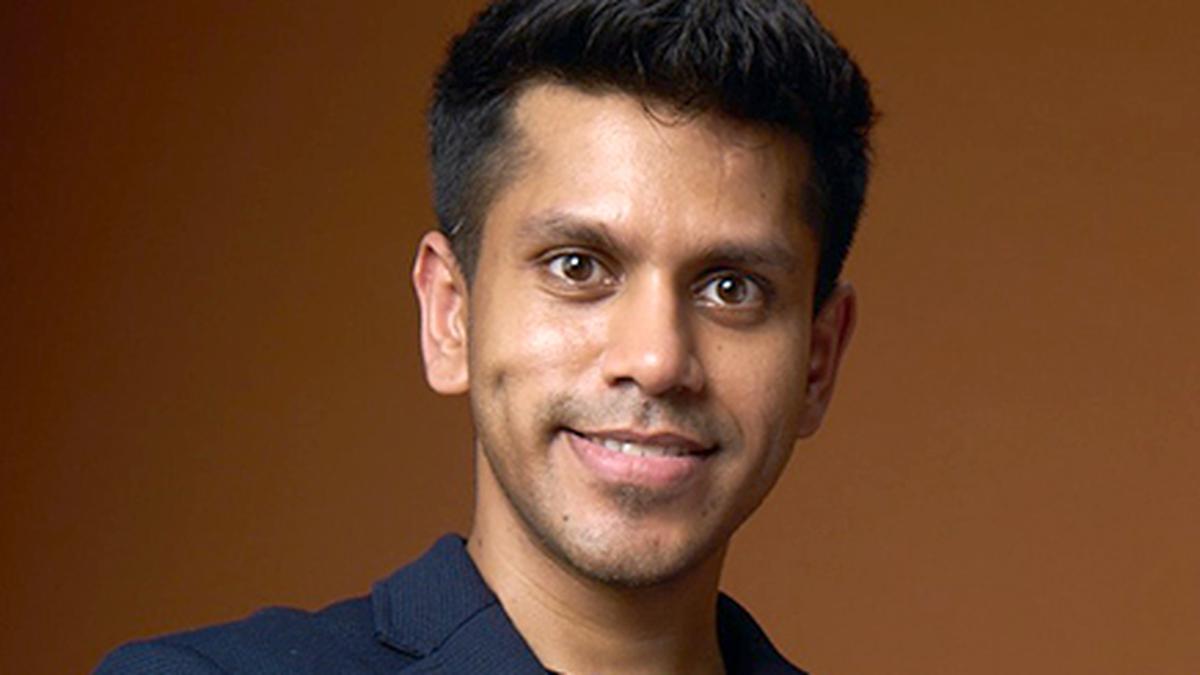Union Minister of Civil Aviation Kinjarapu Rammohan Naidu speaks in the Lok Sabha during the Monsoon Session of Parliament on July 31, 2024.
| Photo Credit: ANI
In what is likely to bring relief to aspiring pilots and other aviation personnel, the Ministry of Civil Aviation has proposed to bring the exam conducted on the use of radio communication equipment in an aircraft under the ambit of the Directorate General of Civil Aviation (DGCA) under the new Bharatiya Vayuyan Vidheyak Bill, 2024 tabled in the Lok Sabha on Wednesday.
The Bill will replace the Aircraft Act of 1934.
The Bill was tabled by the Minister for Civil Aviation Rammohan Naidu amidst a protest from Kerala MP N.K. Premachandran, who questioned why the name of the statute was in Hindi alone. The Constitution mandated that Bills brought to Parliament should be in English, Mr. Premachandran said. “For people from South India, it is very difficult to even pronounce bharatiya vayuyan vidheyak. What is the logical reason behind this? I am questioning the legislative competence of the Bill,” the MP said.
The Statement of Objects and Reasons stats that the Bill was being introduced because the 90-year-old Aircraft Act, 1934 has been amended several times and “a need is felt to address the ambiguities and confusion experienced by the stakeholders, to remove redundancies, to enable ease of doing business and to provide for manufacture and maintenance in the aviation sector”.
The proposed legislation will bring the Radio Telephone Operator Restricted (RTR) Certificate and Licence testing process from the Department of Telecom (DoT) to the DGCA, and ease the process for pilots as they can secure all their certificates from one authority, a senior official of the Ministry of Civil Aviation said. The exam is also conducted for aircraft maintenance engineers and flight despatchers.

It’s an open secret in the aviation industry that the RTR exam is the toughest to crack due to allegedly widespread corruption. Many pilots recount paying up to ₹2.5 lakh as bribes to appear for the exam, with touts indicating a dress code for the day of the exam so that candidates could be ‘identified’ at the exam centre. Others narrate how they preferred getting the same licence, which is also recognised in India, from a Commonwealth country, including Australia or Canada, because the probability of clearing the test in due course in India was so remote.
Aspiring pilots said that if the proposal came through, they would be able to appear for the RTR exam in any of the DGCA’s 14 exam centres instead of only five centres in Delhi, Kolkata, Chennai, Mumbai, and Hyderabad, where the DoT was conducting it.

